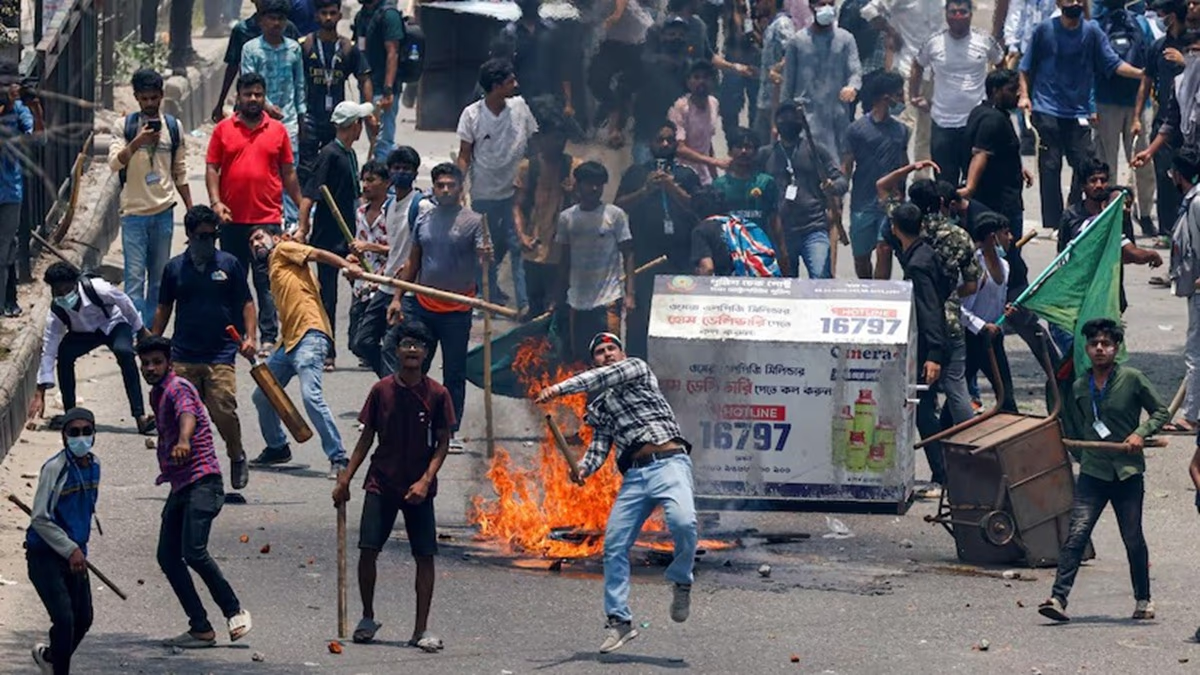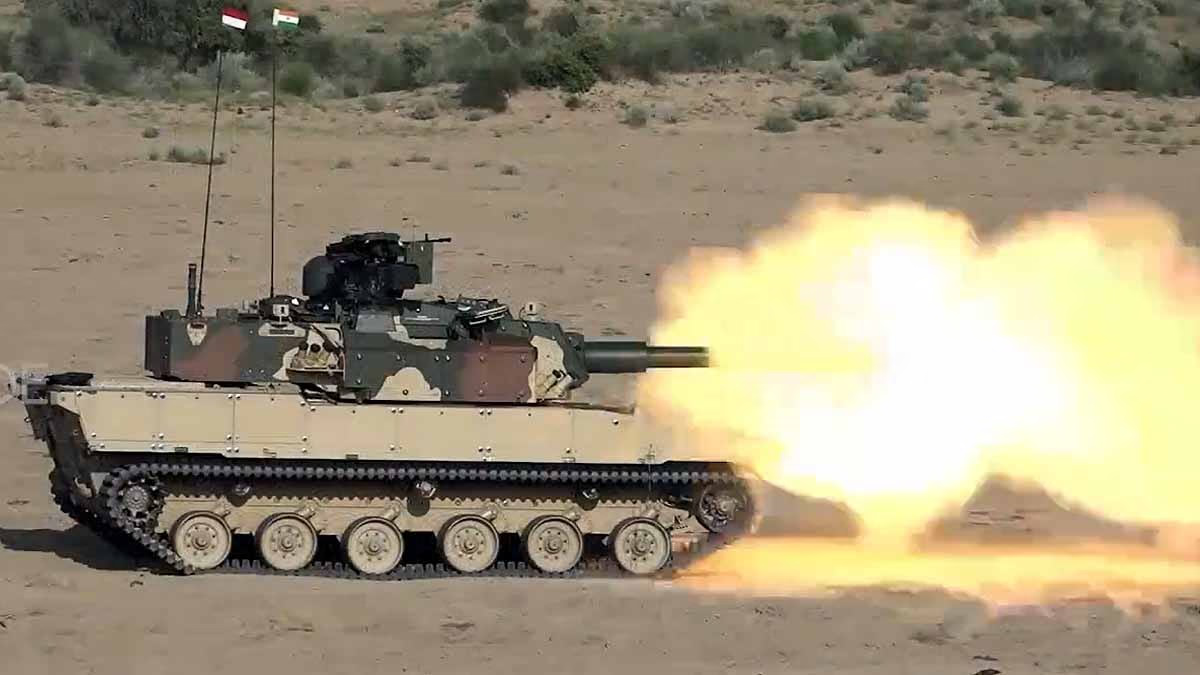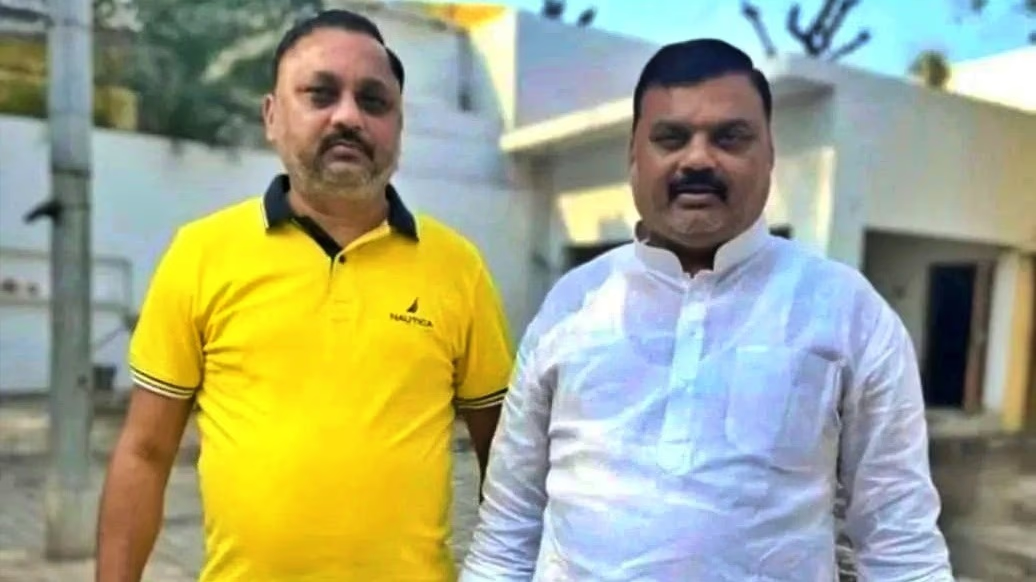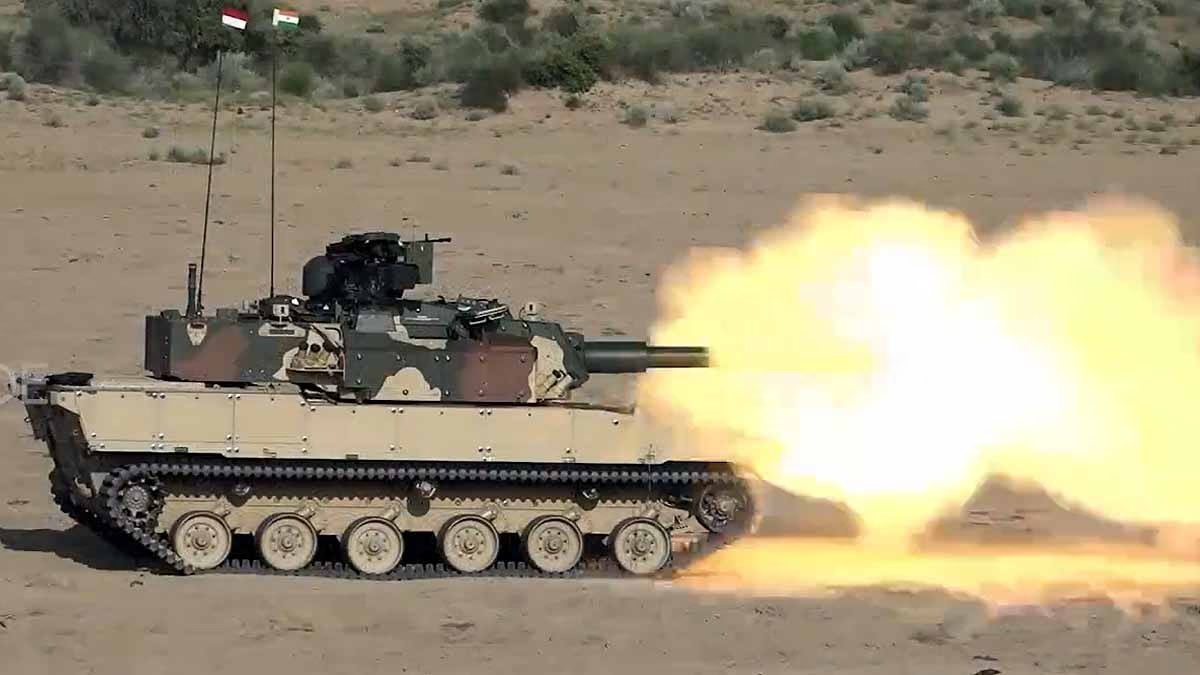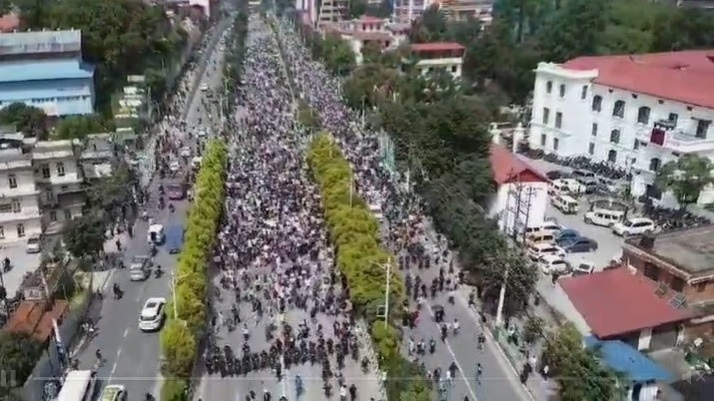The student-led demonstrations in Bangladesh calling for the abolition of the government job quota system continue to intensify. In recent weeks, violent clashes have claimed the lives of over 50 individuals. The government, led by Sheikh Hasina, has decided to implement a nationwide curfew and deploy the military to manage the worrying state of law and order. Protesters, armed with sticks and stones, have been setting buses and private vehicles ablaze. To date, over 2,500 protestors have been injured in confrontations with police and security forces. The country has also suspended mobile internet services.
The Indian Ministry of External Affairs has described the violent protests in Bangladesh as an internal affair. Spokesperson Randhir Jaiswal, in his weekly media briefing, assured that around 15,000 Indians, including nearly 8,500 students are safe in the neighboring country. The Indian High Commission in Dhaka is coordinating with local authorities to ensure adequate safety for Indian students wishing to return. As of Friday evening, 245 Indians, including 125 students, have safely returned from Bangladesh.
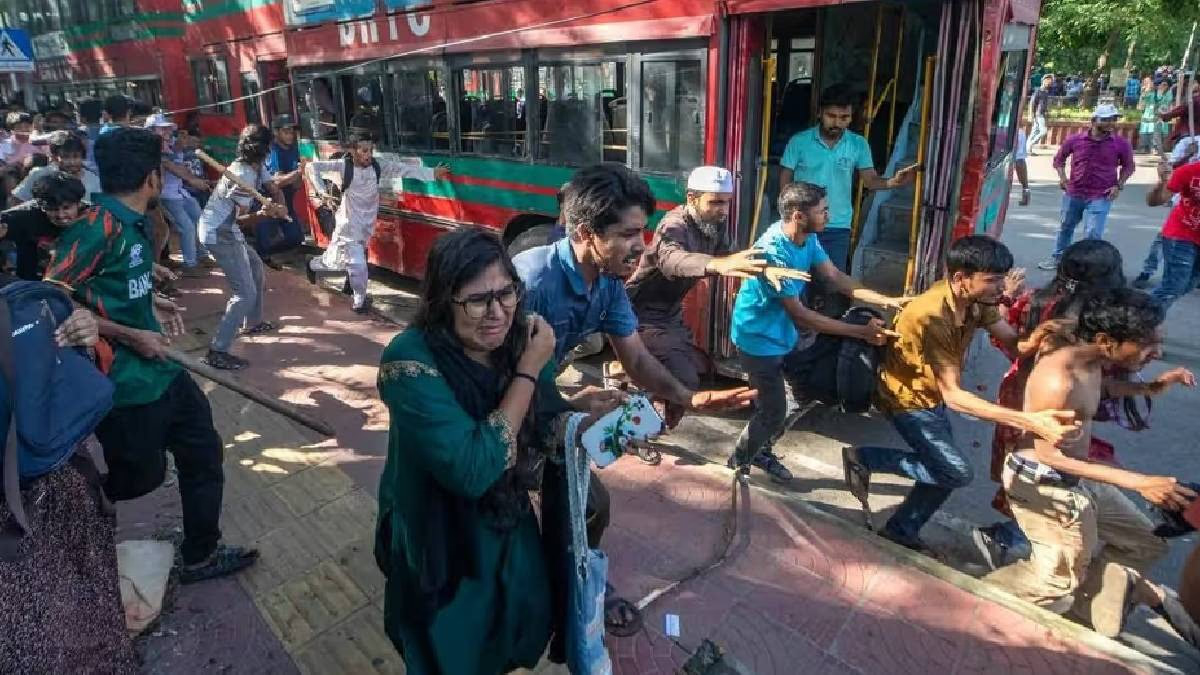
Source: aajtak
The Indian High Commission has also facilitated the return of 13 Nepalese students. The spokesperson emphasized, 'As you know, there are ongoing protests in Bangladesh. We consider it an internal matter of the country. Foreign Minister S. Jaishankar is personally monitoring the situation concerning the safety of Indians.' The border crossings at Benapole-Petrapole, Gede-Darshana in West Bengal, and Akhaura-Agartala in Tripura will remain open to facilitate the return of students and Indian citizens. The Indian High Commission is facilitating the return of Indian students from Bangladesh with coordination from the BSF and Immigration Bureau.
The spotlight intensified on Bangladesh this week as protests demanding an end to job reservations escalated, leading authorities to suspend bus and train services. Educational institutes across the country were shut down. The demonstrations, primarily led by students, are directed against the government's job quota system, which reserves a significant portion of government jobs for certain groups. Protestors argue that the quota system is discriminatory and prevents deserving candidates from securing government positions.
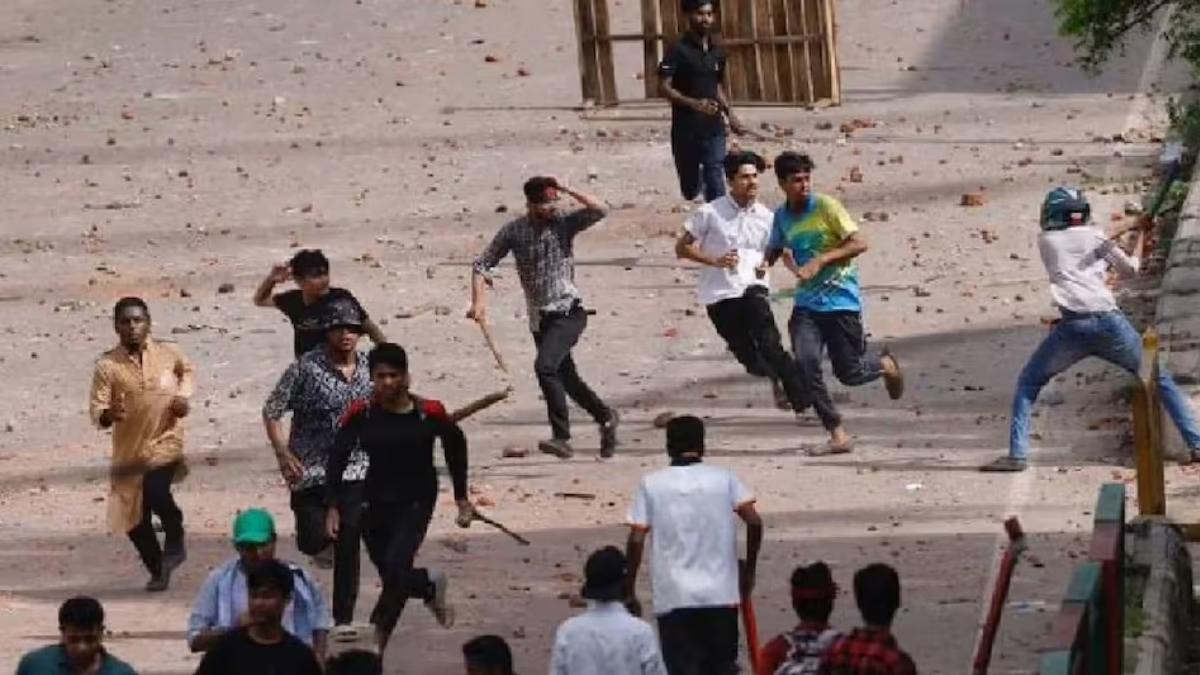
Source: aajtak
